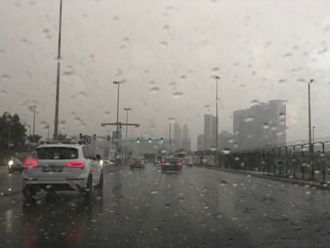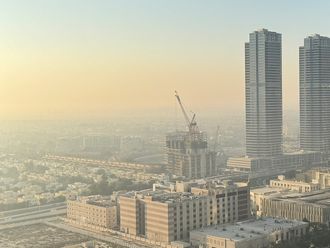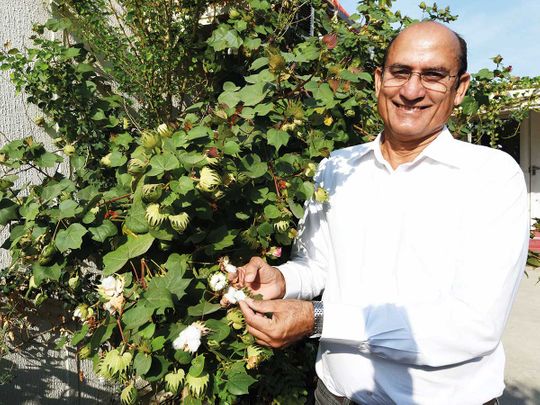
Dubai: Indian expat Rajender Kumar Bishnoi, better known as the tree hugger, is all set to return to his homeland after gifting away thousands of trees and plants he had nurtured over the years in the UAE.
The 56-year-old Dubai resident, who prides himself with being a descendent of the Bishnois, the “first environmentalists” of India, has donated over 8,500 plants and trees, of which 2,500 have been in the last two months alone after he lost his job to the pandemic.
See more
- GMC brings Sierra CarbonPro bed to the Middle East
- From the editors: UAE food strategy pays off, New Zealand revisits mosque attacks, and Libya truce under strain
- From the editors: Kids need protection online, Republican attack reveals nasty fight for White House
- IPL in UAE: Quarantine means hotel room is gym and call centre for players
“When I received a two-month notice from my company in May, my first concern was for my babies and who would look after them. So I reached out to residents on social media, asking them to pick up these plants and trees which I was giving away for free. I wanted my babies to find good homes – and I am very happy that I was successful. People from all over the emirates came to collect the saplings, plants and trees. I can now leave the country with a peaceful mind,” he said.
The selfless Bishnoi, whose story was first published in Gulf News in January this year, was on a mission to propagate the ghaf tree in the UAE, with a passion steeped in tradition.
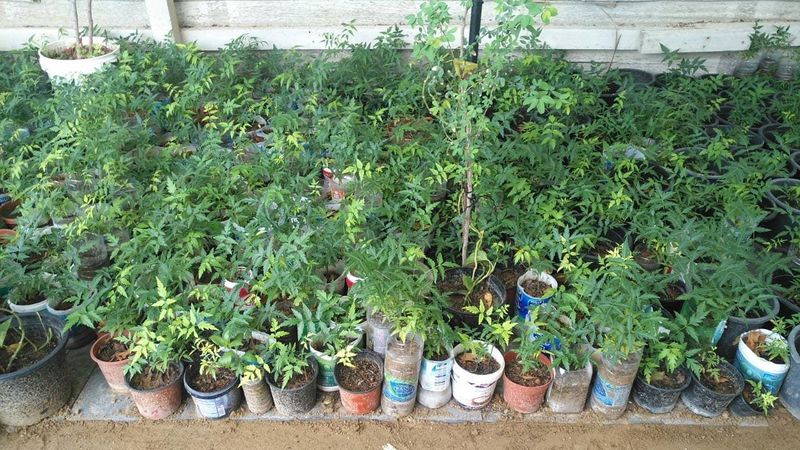
In a riveting throwback, he talked about how 363 Bishnois had sacrificed their lives while protecting the sacred Khejri or ghaf tree in Khejarli village of Rajasthan way back in 1730. “The ruler of the time had ordered the burning of the trees to produce lime for the construction of a new palace. But the Bishnoi, led by a local woman, Amrita Devi Bishnoi, hugged the trees to prevent their felling,” he recalled.
Plans back home
Having donated thousands of ghaf trees in the UAE, Bishnoi is now looking forward to his next green project: organic farming on the 20 acres of land he owns in Ganganagar of Rajasthan. He said he will also take up terrace gardening in Delhi and teach people how to do composting. Over the years in the UAE, Bishnoi conducted several workshops across residential communities and offices to teach people the art of gardening and the science of making compost from kitchen and garden waste.
“Losing a job is never a good thing. But I believe the Almighty has other plans for me back home. Perhaps, the time has come to pursue my passion full-time,” he said.
Bishnoi said he will be exiting the country with a sense of immense satisfaction that his plants and trees would now adorn some of the best roads and communities, as well as villas and balconies in the UAE.
He said most of the plants picked up residents in the last two months were neem and ghaf. "But I grew 85 different kinds of species including Zizhiphus, Acacia, Peepal, Tecomella, Cordia, Ficus, Dulce etc and flowering plants, herbs and vegetables propagated from seeds or cuttings. All these have found new homes."
Debunking myths
“People are generally reluctant to take up gardening because they think it is too hot to grow anything here or that gardening is expensive and a lot of work. I tried my level best to debunk such myths. I hope I could change the views of at least some,” said the humble father of three.
Those who visited him or attended his workshops would invariably get a sapling or a tree. And he would give away a free composting kit which comprised a 10 litre bucket with dry leaves and a composting starter.
“By giving them a ready sapling and the composting kit free of cost, I would leave them with no excuse but to make a start,” he said.
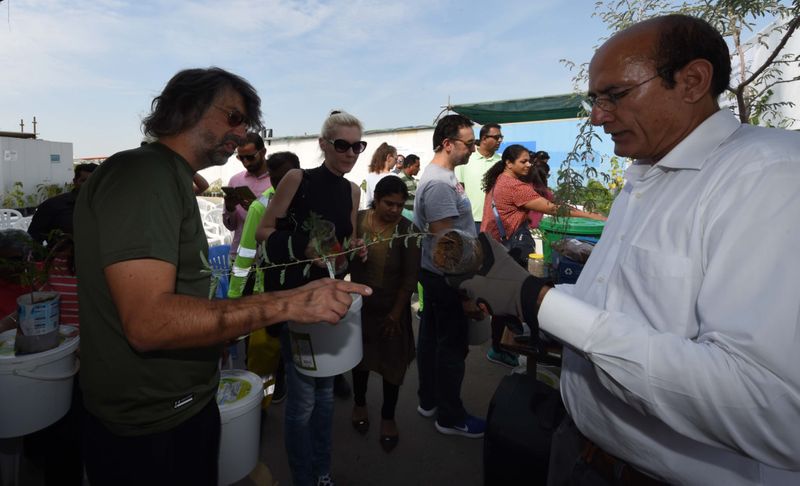
“Gardening is very affordable. You can easily source cuttings from friends and family. You don’t have to spend big on pots and containers - you can use waste bottles, yoghurt buckets, paint buckets and throwaway cans. And of course, making organic compost from kitchen and garden waste is absolutely free of cost. It also helps prevent the waste from going into the landfill,” he added.


